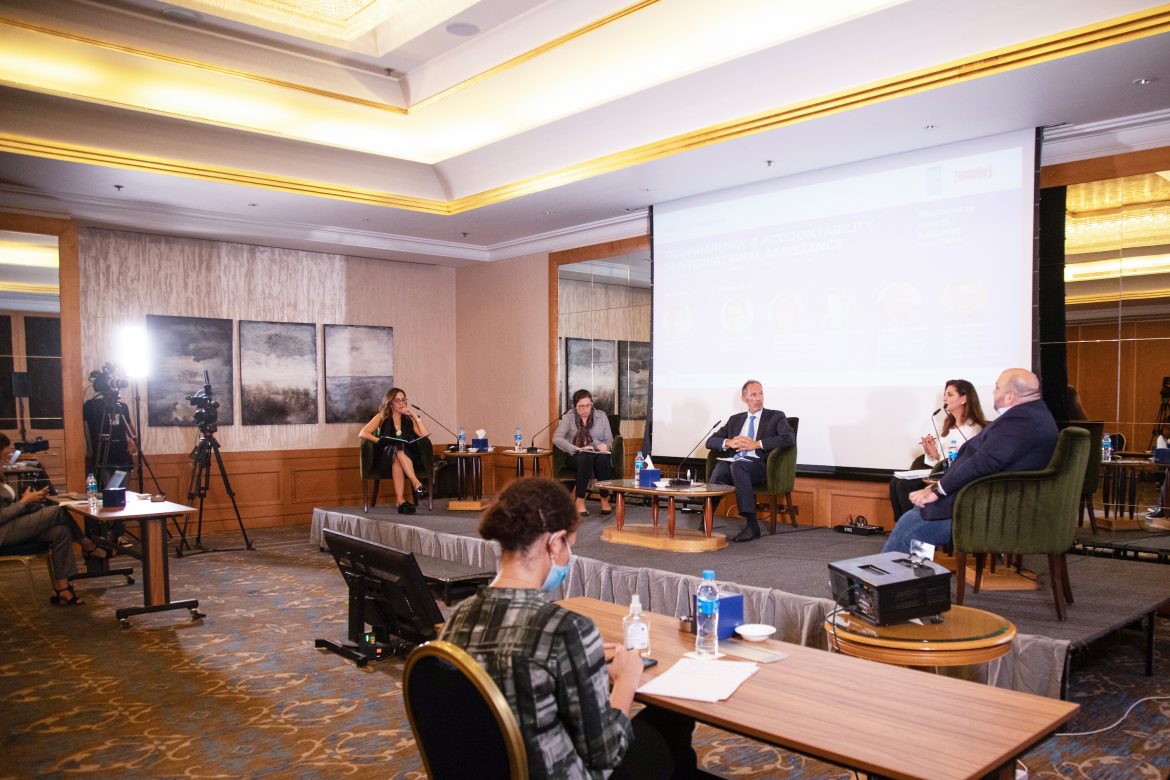Transparency and accountability in international assistance: The case of Lebanon
written by Rania Uwaydah Mardini
Rania Uwaydah Mardini
CPA qualified PFM and International Accountancy Specialist expert in providing advisory services and motivating stakeholders to adjust incentives and modify behaviors within an outcome-focused governance strategy. Experience and high interest in policy formulation and implementation, along with capacity building, in the domains of accountancy, governance, anti-corruption, and risk management.

